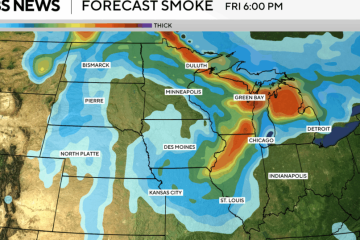Understanding NOAA and Its Impact on Weather and Climate

Introduction
The National Oceanic and Atmospheric Administration (NOAA) is a vital component of the United States’ federal government. Established in 1970, NOAA is tasked with understanding and predicting changes in climate, weather, oceans, and coastlines. Its relevance extends beyond the U.S. borders, significantly impacting Canadian communities through accurate weather predictions, climate research, and environmental stewardship.
NOAA’s Key Functions and Services
NOAA operates several programs and services that are crucial for public safety and environmental management:
- Weather Forecasting: NOAA provides timely weather alerts, forecasts, and warnings to help communities prepare for severe weather events. The National Weather Service (NWS) within NOAA plays an essential role in delivering localized forecasts and severe weather updates.
- Climate Research: NOAA conducts extensive research on climatic trends and changes, analyzing historical data, and modeling future scenarios. This research is indispensable for policymakers and communities managing climate impacts.
- Satellite Services: NOAA operates a fleet of satellites that monitor weather patterns, ocean conditions, and atmospheric phenomena. These satellites provide critical data for scientists and meteorologists.
- Marine Resources Management: NOAA’s National Marine Fisheries Service is responsible for the sustainable management of the nation’s ocean resources, ensuring healthy fish populations and marine ecosystems.
Recent Developments
In 2023, NOAA has been at the forefront of addressing the challenges posed by climate change. Recent reports indicate a worrying trend of increasing ocean temperatures, leading to more frequent and severe weather patterns across North America. NOAA’s climate scientists have been collaborating with Canadian agencies to enhance research and mitigation strategies that target these urgent challenges. In a recent symposium, representatives from NOAA and Environment and Climate Change Canada discussed joint initiatives aimed at improving climate resilience in both countries.
Conclusion
NOAA plays an indispensable role in our understanding of weather and climate. As climate change continues to pose significant threats, its research and data collection efforts remain crucial for public safety and environmental sustainability. Looking forward, it is essential for NOAA to continue its collaboration with international partners, including Canada, to develop comprehensive strategies to mitigate climate impacts and protect communities. For individuals and policymakers alike, staying informed through NOAA’s resources can equip communities with the knowledge to adapt and thrive in an ever-changing environment.








